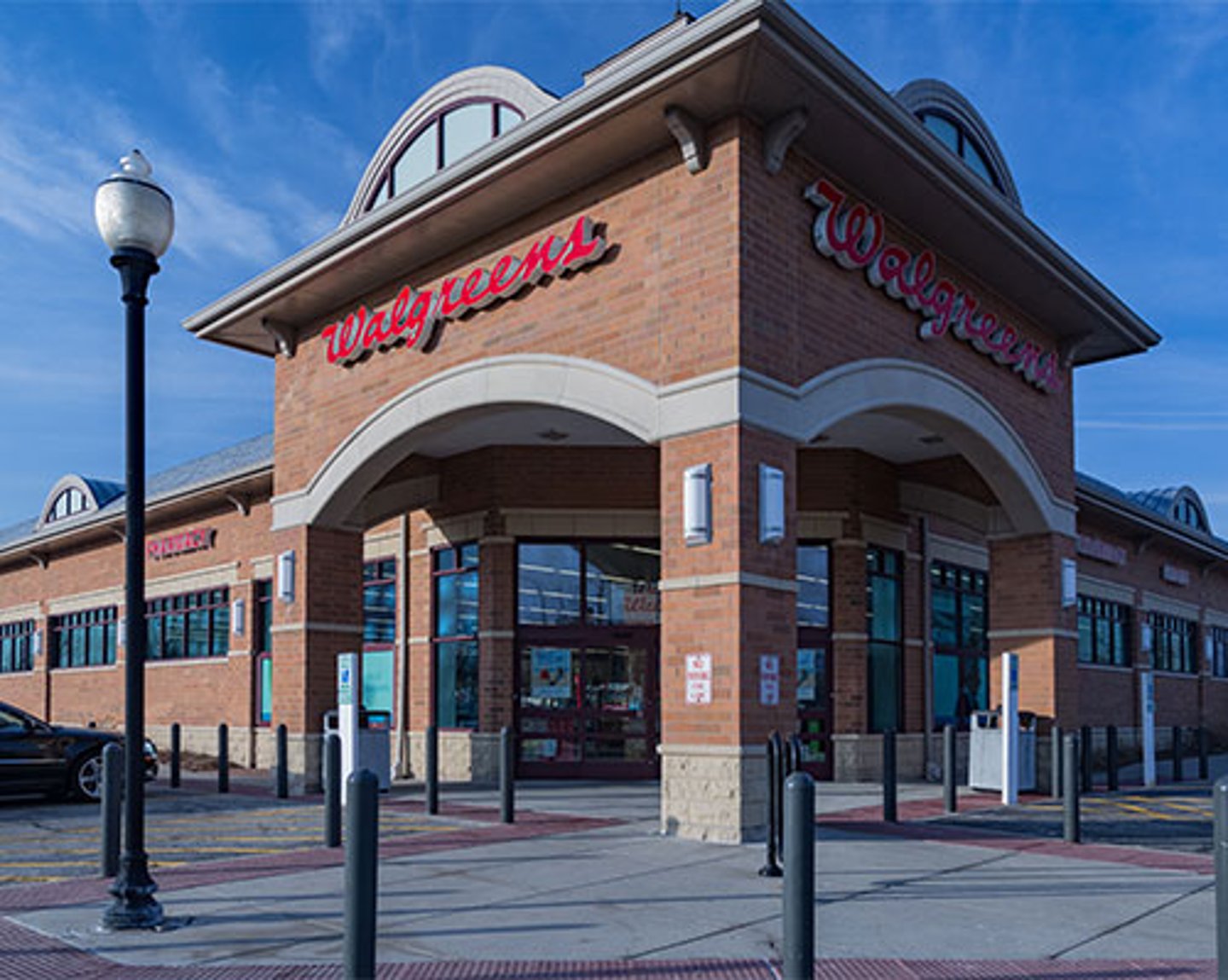Exclusive Q&A: Walgreens explains benefits of localized search
Walgreens is supporting fast pickup and delivery with artificial intelligence (AI)-based digital search capabilities.
Chain Store Age recently spoke with Lindsay Mikos, senior director of omnichannel strategy and programs for Walgreens, and Bernadette Nixon, CEO for search and discovery platform provider Algolia, about how the drugstore giant is leveraging the Algolia solution to help shoppers find relevant items available locally. Walgreens intends to use this more targeted product search capability to assist customers using omnichannel shopping and fulfillment features, such as same-day delivery and curbside pickup.
What specific business challenges were Walgreens facing?
Mikos: Customer demands are changing frequently and fast. Walgreens was challenged with keeping up with customer demands and ever-changing needs as a result of COVID-19. The implementation of Algolia has allowed Walgreens to analyze customer behavior and react to customer needs in real-time.
Nixon: E-commerce competition is heating up and retailers need to find a way to remain competitive. Features like click-and-collect, or buy-online-pick-up-in-store (BOPIS), allow for brick-and-mortar stores to compete against the one and two-day shipping options of retailers like Amazon — which is also pushing forward in-store pick-up options as well through partners.
Algolia is helping power Walgreens’ BOPIS strategy through AI-driven localized search that helps shoppers find items in their area quickly, which can be picked up in as little as 30 minutes. It’s this combination of personalization and convenience that consumers are seeking from retailers.
What specific aspects of Algolia made Walgreens decide to implement?
Mikos: Algolia had a best-in-class user interface and dashboard, which is critical for our internal operations. We’re excited about the collaboration with Algolia and how quickly we’ve been able to bring these new capabilities to market to better serve our customers.
Nixon: Algolia offers an API-first search platform. This means that our search functionality is offered as a sort of software ‘building block’ that can be integrated and built on top of for further customization. It’s this model that allowed Walgreens to deploy Algolia’s search functionality within a single quarter. If Walgreens were to build out the same level of modern search and discovery features that Algolia provides on top of its previous platform, it may have taken up to 18 months, which would have resulted in over a year of missed incremental revenue opportunities.
How can search and discovery aid omnichannel activities like BOPIS?
Mikos: Customers using our contactless 30-minute curbside and same-day delivery services are often in a hurry to get the product they need easily. Search is a critical tool to help customers easily and quickly find the products they need (cough cold medicine, pain relief, etc.) so they can place their order and be on their way.
Nixon: Consumers have a limited attention span when it comes to online shopping. When a consumer is looking to find and pick up an item they need right away, they’ll quickly move on to the next retailer if a store’s website isn’t delivering correct or accurate results. Reliable and fast search and discovery is critical to capitalizing on the market opportunity that currently exists when it comes to click-and-collect.
In fact, it’s estimated that, by 2024, click-and-collect sales will grow to reach $140.96 billion. Walgreens has already seen a lot of success in this area. They reported in their last quarterly earnings call that customers placed 3.6 million same-day pickup orders in a three-month period.
What other benefits can retailers obtain from localized search and discovery?
Mikos: Localized search and discovery enables a more seamless BOPIS experience, and also provides customers with visibility to their local store assortment, item availability, and inventory. Retailers that provide relevant and localized search will benefit through increased conversion.
Nixon: One of the biggest trends that this partnership enables for Walgreens is to better tailor experiences for its consumers and predict the types of things people need, not just from their own personal history but trends in a region.
Imagine coming to the site, based on geolocation, if the flu is trending to be able to have a set of results for the flu vaccine, testing, tissue box, etc., that are intent-driven selections, but at a macro level as well as based on personal profile and preferences. This will create a deeper level of loyalty and delivery of value that we see brands like Walgreens investing in.
Are there future plans for product search you can discuss?
Mikos: Walgreens has a robust search product roadmap that extends through the end of this calendar year and beyond. In the coming months, as an example, you will see increased personalization come to life through search.
Nixon: With the push for privacy and to eliminate third-party cookies, understanding real-time consumer intent will be crucial – building recommendations in the moment based on actions across a retailer’s site and opt-in choices within the loyalty program using AI is the future of personalization.


